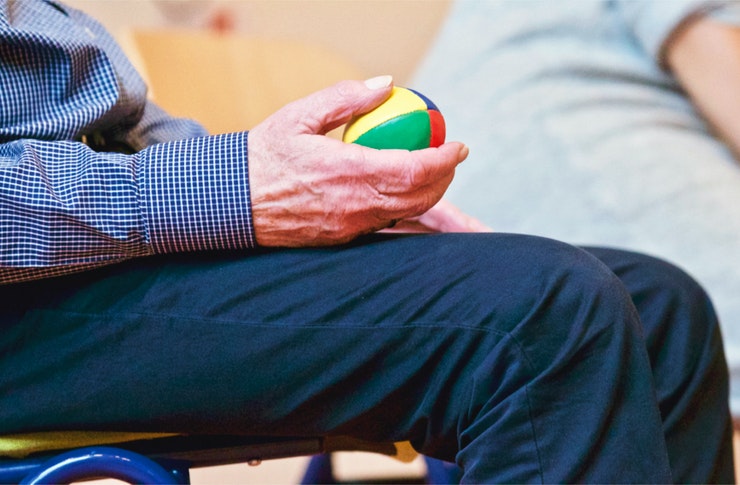Understanding Depression: Treatment Approaches
Depression is a common mental health condition that many people experience at some point in their lives. While symptoms can vary, there are several treatment approaches that individuals explore to manage their well-being. Learn more about the options and what to expect in this article.

What Are the Main Types of Depression Treatment?
Depression treatment typically involves multiple approaches working together. The primary treatment methods include psychotherapy (talk therapy), medication, and lifestyle modifications. Psychotherapy helps individuals identify and work through emotional challenges, while antidepressant medications can help balance brain chemistry. Lifestyle changes, such as regular exercise and improved sleep habits, complement these traditional treatments and support overall mental health.
How Does Psychotherapy Help in Managing Depression?
Several forms of psychotherapy have proven effective in treating depression. Cognitive Behavioral Therapy (CBT) helps people identify and change negative thought patterns and behaviors. Interpersonal therapy focuses on improving relationships and communication skills. Other approaches include psychodynamic therapy, which explores past experiences, and dialectical behavior therapy, which teaches mindfulness and emotional regulation skills.
What Role Do Medications Play in Depression Treatment?
Antidepressant medications can be crucial in treating moderate to severe depression. Different classes of antidepressants work in various ways: SSRIs (Selective Serotonin Reuptake Inhibitors), SNRIs (Serotonin-Norepinephrine Reuptake Inhibitors), and others target specific neurotransmitters in the brain. It’s important to note that medications often take several weeks to show full effectiveness and should be taken under medical supervision.
Which Lifestyle Changes Support Depression Recovery?
Incorporating healthy lifestyle habits can significantly impact depression recovery. Regular physical exercise releases endorphins and can improve mood. Maintaining a consistent sleep schedule helps regulate emotional balance. Other beneficial changes include practicing stress management techniques, maintaining social connections, and following a nutritious diet rich in mood-supporting nutrients.
What Alternative Therapies Complement Traditional Treatment?
Many people find complementary therapies helpful alongside conventional treatment approaches. Mindfulness meditation can reduce stress and improve emotional awareness. Light therapy may help those with seasonal affective disorder. Some individuals benefit from acupuncture, yoga, or art therapy. These approaches should be discussed with healthcare providers to ensure they complement existing treatment plans.
What Are the Typical Costs of Depression Treatment?
| Treatment Type | Average Cost Range | Typical Coverage |
|---|---|---|
| Therapy Sessions | $100-200/session | Often partially covered |
| Psychiatrist Visits | $200-300/visit | Usually covered with copay |
| Antidepressants | $30-200/month | Often covered with copay |
| Alternative Therapies | $50-150/session | Limited coverage |
Prices, rates, or cost estimates mentioned in this article are based on the latest available information but may change over time. Independent research is advised before making financial decisions.
Depression treatment is an ongoing journey that often requires patience and adjustment of approaches over time. While the path to recovery may vary for each individual, combining different treatment methods often provides the most effective results. Remember that seeking help is a sign of strength, and many resources are available to support your mental health journey.
This article is for informational purposes only and should not be considered medical advice. Please consult a qualified healthcare professional for personalized guidance and treatment.




